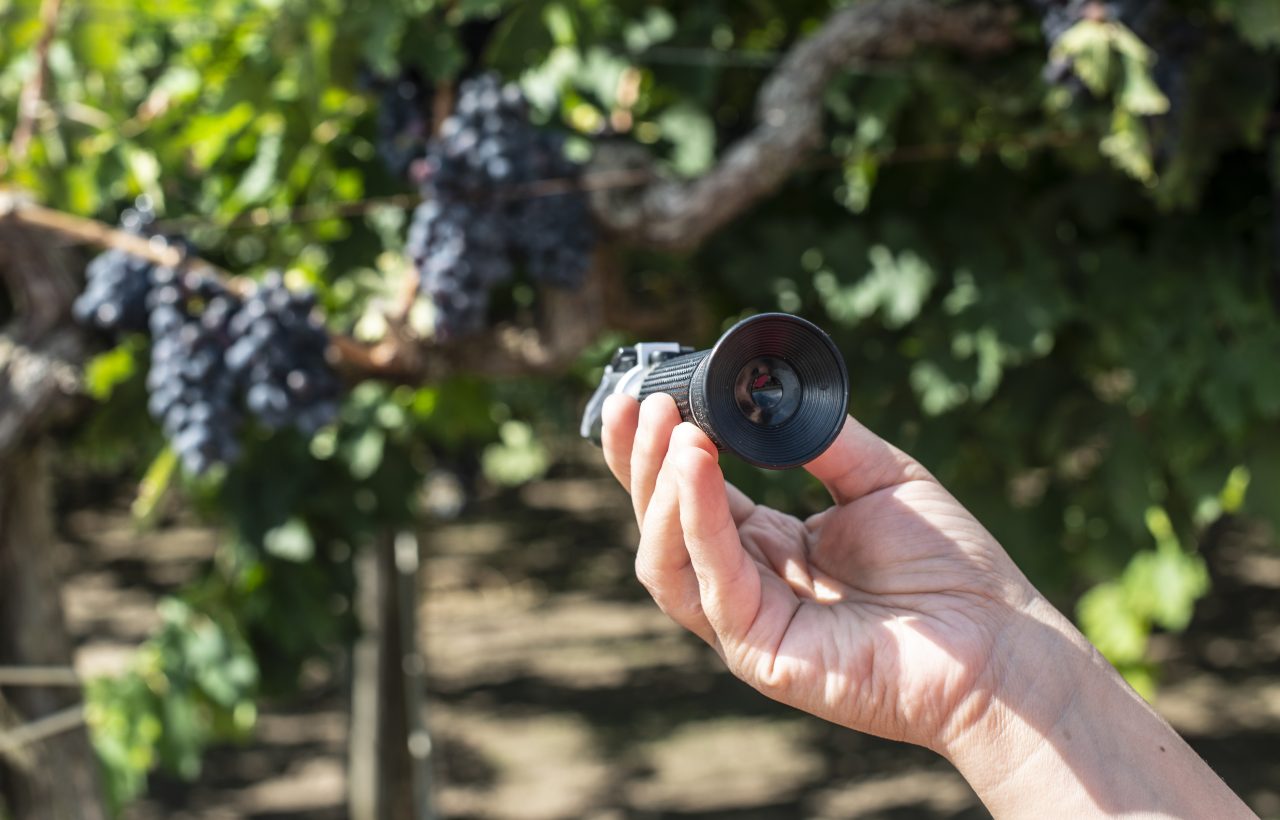A refractometer is an optical instrument that measures the refractive index of a substance. In obtaining this index, different properties of the element can be calculated, such as the concentration of blood protein, urinary density, sugar content or salinity.
There are two types of refractometers based on the detection of the refractive index; transparent systems and reflection systems. Portable refractometers and Abbe refractometers use transparent systems, while digital refractometers use reflection systems.
Types of refractometers according to their use
- Portable refractometers: These in turn can be classified as Abbe or analog and digital. They are characterized by being easy to handle and small in size, ideal for field work due to their ease of transport and simplicity in delivering results. These can be classified in turn into Abbe or analog and digital.
- Benchtop refractometers: Due to their size, weight and special measurement conditions, they require electrical connection, environment and stable structure to support them in order to guarantee the accuracy of their results.
- Online reading refractometers: These equipments generally require a wired installation on site within the production line, since it allows data capture at a specific point in the production process. These kits save time and money. They can be configured to constantly collect specified statistics of the target material remotely. Microprocessor control provides computer power which makes these devices very versatile.
Types of refractometers based on the measurement of the refractive index
- Abbe Refractometer: This equipment allows to measure the density, the concentration of salts, sugars, acids, that is to say of soluble solids in a medium. This refractometer works through the principle of reflection of light. Its disadvantage is that it only measures solutions with lower refractive indices than indicated by the glass, but this tends to be corrected by placing a thermostat inside the optical system, the scales for different substances that a refractometer of this type can have are; degrees Brix, Mash Sacch or Baume.
- Digital Refractometer: This type of refractometer has made these useful instruments evolve with technology. Since it is easier to analyze substances such as lactose, glucose, among others. Its results are accurate, fast and safe. It offers more advantages than the Abbe refractometer, because there is no need for manual annotations, thanks to the incorporation of screens that show the temperatures and the results of each measurement. It also allows to measure several samples with a single refractometer, since it has programming software so that the user has a wide range of scales.
At Kalstein we are MANUFACTURERS and we offer you innovative refractometers at the best PRICES, designed with the highest technology on the market and with the highest quality. That is why we invite you to take a look at: HERE

